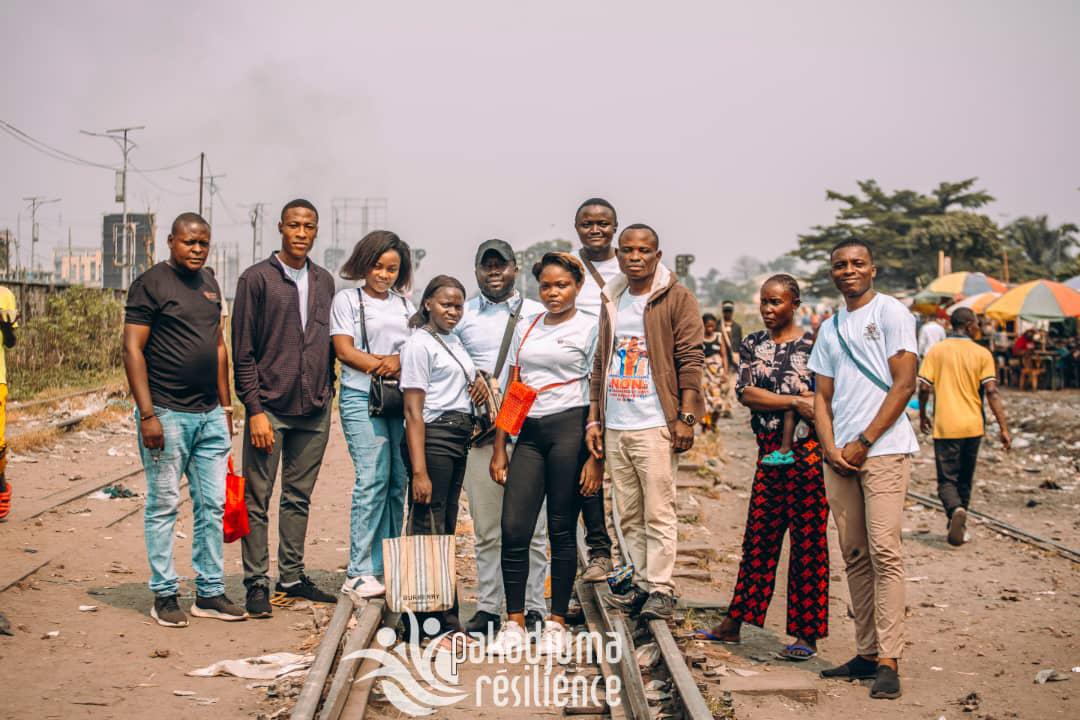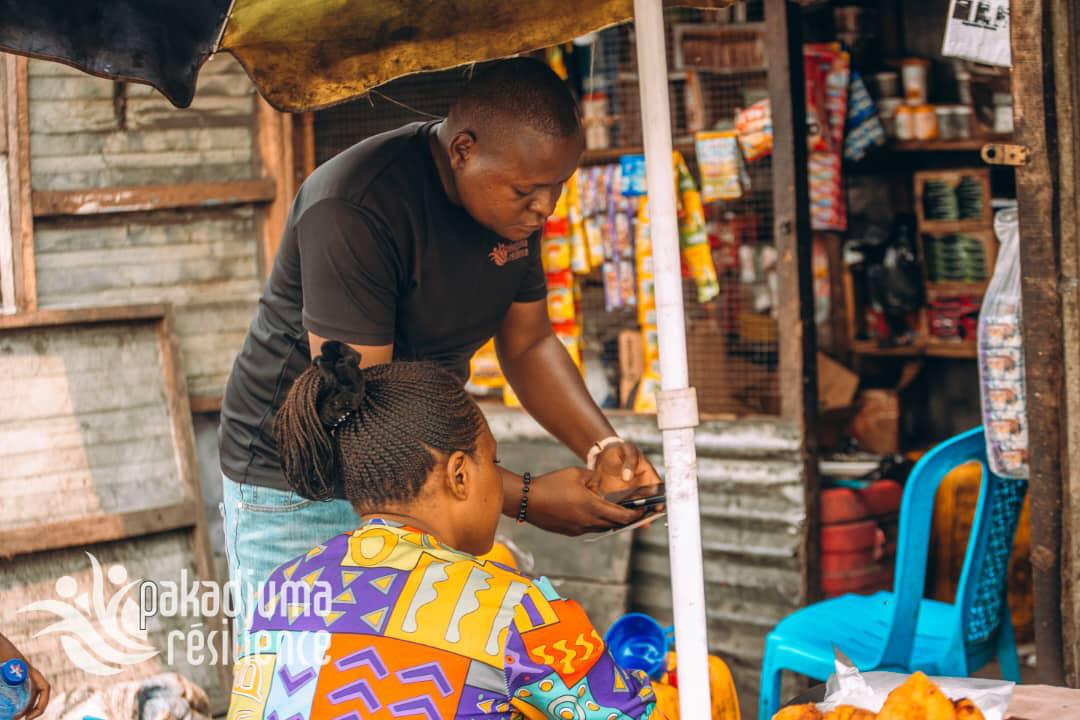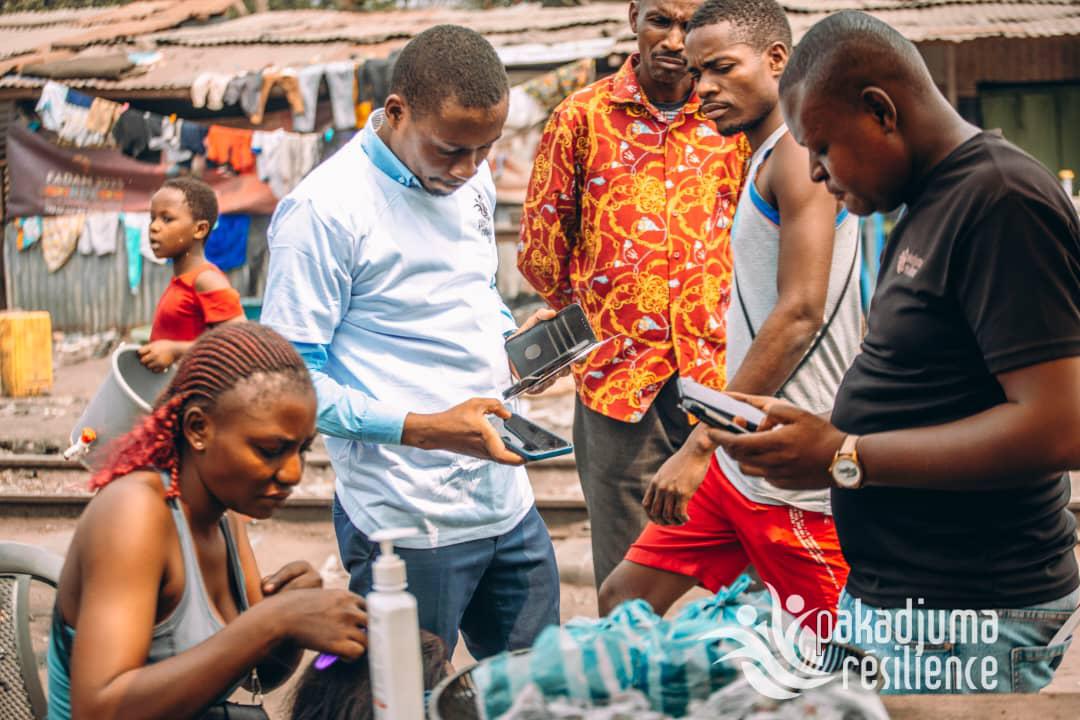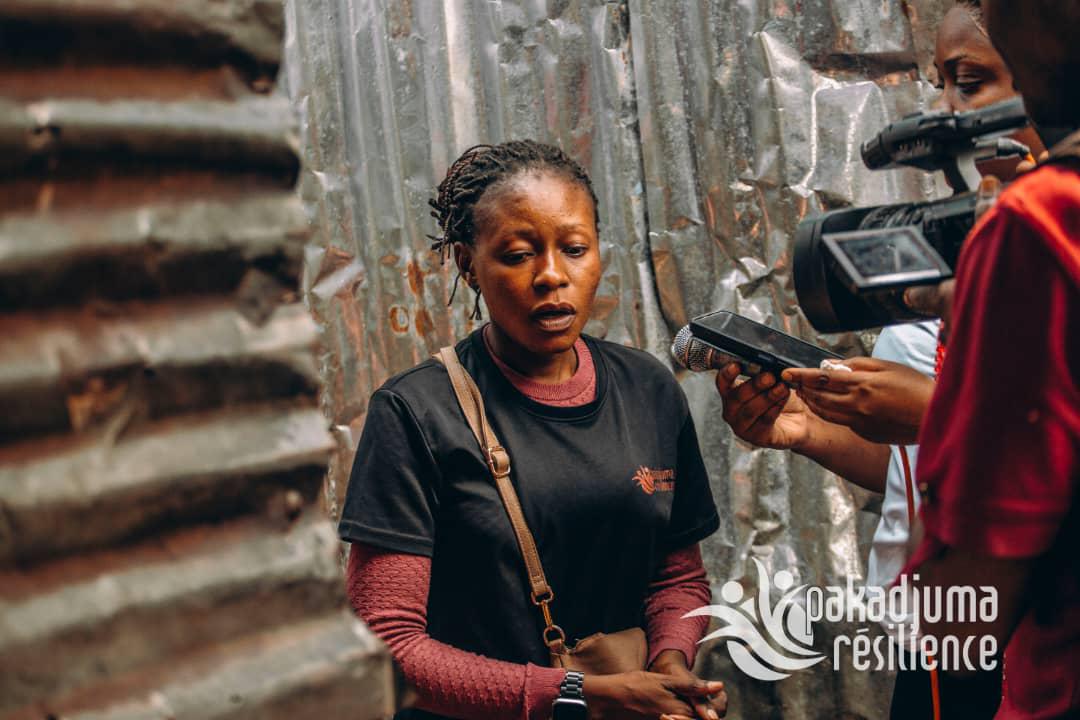Photo courtesy of FPR
Photo courtesy of FPR
Photo courtesy of FPR
Photo courtesy of FPR
Pakadjuma, one of the most under-resourced districts in the Congolese capital of Kinshasa, sits at the intersection of several overlapping public health crises. Poverty, overcrowding, sex work, and a lack of health infrastructure combine to threaten community health across the region. Most recently, efforts to contain an outbreak of mpox have highlighted the way these social and environmental inequalities fuel one another. The disease is largely preventable (see our mpox fact sheet available in French, English, and Chichewa), but vaccination initiatives have stalled and contact tracing is nearly impossible for this or any communicable disease.
In response to these systemic issues, lawyer and women’s rights advocate Eliane Kibubi established the Fondation Pakadjuma Résilience (FPR) to empower girls and women in the district. FPR provides education and resources the community uses to improve their health and lives. Hesperian began partnering with FPR last year to support their sexual and reproductive health outreach. One woman in Pakadjuma explains, “In a place like ours, family planning information is rare. We used unsuitable methods that caused many health issues.” Eliane recalls a case where a 22-year-old mother of four used an indigenous contraceptive method to avoid another pregnancy. When the method didn’t work, she took her own life.
Eliane sees reliable and accurate reproductive health education as a critical tool to prevent these kinds of tragedies. Teaching girls and women about methods of contraception and prevention of STIs–as well as options for unwanted pregnancies–empowers women and saves lives. Eliane invited Hesperian’s representative in the Democratic Republic of Congo, Dr. Zacharie Mulumba, to join her outreach team in going door-to-door through Pakadjuma to meet people in their homes and in the streets, providing health information in both French and Lingala. During these mobilizations, FPR’s team members listen to concerns from girls and young women and use Hesperian’s groundbreaking digital resources like the Family Planning and Safe Abortion apps to provide education and awareness about contraceptives.
These apps have been instrumental in the success of her work in the field of reproductive health and women’s rights. “Access to information helps people make informed decisions,” Eliane says, sharing one of Hesperian’s core organizational beliefs. In a region where healthcare access is limited, Hesperian resources provide clear, comprehensive information that allows women to make informed choices about their bodies, their families, and ultimately protect the health of their community. Eliane adds that an essential part of her work involves recruiting and educating parents, teachers, religious leaders, and local authorities to combat ignorance and raise awareness of sexual health.
FPR has been featured on Bana Okapi, a program on the DRC’s UN-funded radio station Radio Okapi, as well as in an interview on RTNC (Radio-Television Nationale Congolaise). In these programs, Elaine spoke about the needs of women in Pakadjuma, and how Hesperian apps support FPR’s mission of providing communities with the necessary education and tools to take control of their own sexual and reproductive health, and to protect their rights and safety.
Eliane Kibubi is a lawyer, an expert in gender-based violence, and a 2023 laureate of the European Ministry of Foreign Affairs’ “Personnalité d’Avenir” program. She established FPR in 2021 as a social reintegration projects for girls and women involved in the “sex trade” in Kinshasa’s Pakadjuma district. Since its inception, FPR’s programming has expanded to support rural areas of DRC as well.






 Asimverse CC-BY-SA
Asimverse CC-BY-SA